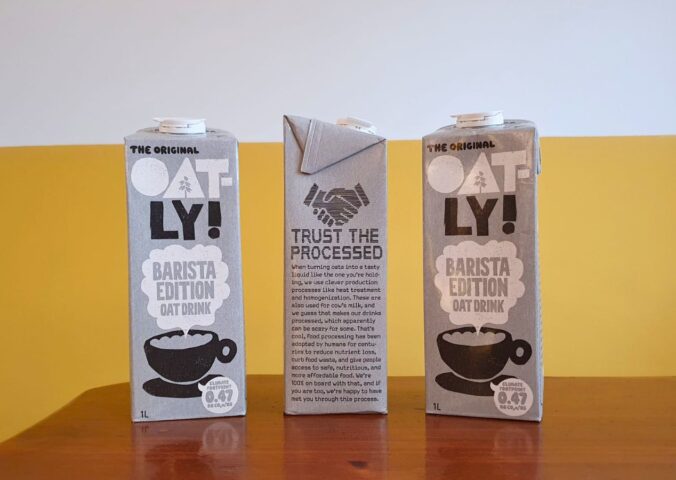People riding on the London Underground have been educated on speciesism after posters were put up in 600 tube carriages.
PETA launched the campaign in recognition of World Day for the End of Speciesism, which took place on August 27. The posters feature pictures of animal faces alongside the words “we, too, feel pain, love, joy, and fear.”
London isn’t the only area to feature the campaign. Entire trams in the Netherlands are also spreading the message, complete with large animal faces and anti-speciesist messages.
PETA’s vice president of programs Elisa Allen said: “Other animals feel every one of the emotions humans do. And yet, they’re caged, tortured, and killed with impunity.”
“PETA is calling on everyone to end this cycle of suffering and stand up for animals by going vegan.”
The adverts ran on several lines across London, including Bakerloo, Central, Croydon Tramlink, Docklands Light Railway, District, and Jubilee.
The London campaign was live for two weeks from 15th August. Posters may still be visible in some tube carriages.
What is speciesism?
Speciesism was first coined in 1970 by philosopher Richard Ryder, but the term was made popular by the Australian philosopher Peter Singer in his 1975 book Animal Liberation.
In the book, Singer described speciesism as “a prejudice or attitude of bias in favor of the interests of members of one’s own species and against those of members of other species.”
As explained by PETA, speciesism has been used to justify the systematic exploitation of non-human animals, including subjecting them to medical and cosmetics tests, hunting them, keeping them captive, using them for their fur, and killing billions every year for their meat.
Speciesism has also been cited as the reason why humans in countries like the UK and USA will often express love for dogs, but be indifferent to the suffering of animals killed for food.
Other anti-speciesism campaigns
One organization highlighting such speciesism is the fictional Elwood’s Organic Dog Meat Farm, which was created by vegan activist Molly Elwood.
Elwood’s website claims that it’s “local,” “organic,” “free-range,” and offers the absolute best quality canine meat.
The “farm” has around 40,000 followers on Facebook, and one viral post reached over 9.8 million people across the world.
Elwood’s receives a great deal of backlash from people who mistakenly believe it is a real dog farm.






